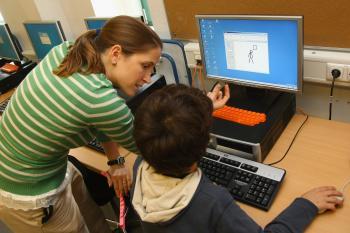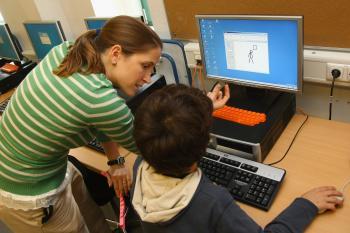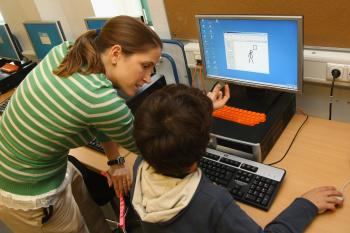Canada’s fourth annual Media Literacy Week began on Monday with the aim of highlighting the increasing need for Canadians—especially youth—to build digital literacy skills in a growing online world.
Be it newspapers, television, radio, or the Internet, media literacy entails being able to access, understand, and produce media content, said Cathy Wing, Co-Executive Director of Media Awareness Network (MNet).
“Those are all skills we need to be good citizens in today’s information age,” Ms. Wing said, noting that “media is the main way, particularly digital media, that we communicate now and access information and entertainment. It’s very important in everyone’s lives, particularly young people.”
A centre of expertise in media education, MNet is cosponsoring Media Literacy Week with the Canadian Teachers’ Federation (CTF).
“Media and digital literacy are life skills that should be included in the curriculum along with traditional literacy and numeracy skills,” CTF President Mary-Lou Donnelly said in a news release.
“Just because [youth] can pick up the technology very quickly does not mean they are savvy at all when it comes to understanding the Internet and Internet content,” said Ms. Wing.
“We think the main way to protect children is through giving them critical thinking skills, because [the Internet] is a global environment where they have easy access to material that may be inaccurate, sometimes illegal, or inappropriate.”
It’s especially important to monitor Internet use for kids up to 7 or 8 years old, but parents can explain to even very young children about certain types of personal information that should not be shared, and why people might want such information, she said.
Meanwhile, parents and teachers can go to sites with older children, help them understand the information, and teach them to read the sites’ privacy policies and terms and conditions.
Not Everyone’s a Journalist
MNet and CTF joined with Encounters with Canada, a Historica-Dominion Institute program for teens, to launch Media Literacy Week on Monday with a panel discussion in Ottawa on the impact of digital media on journalism and news gathering.






